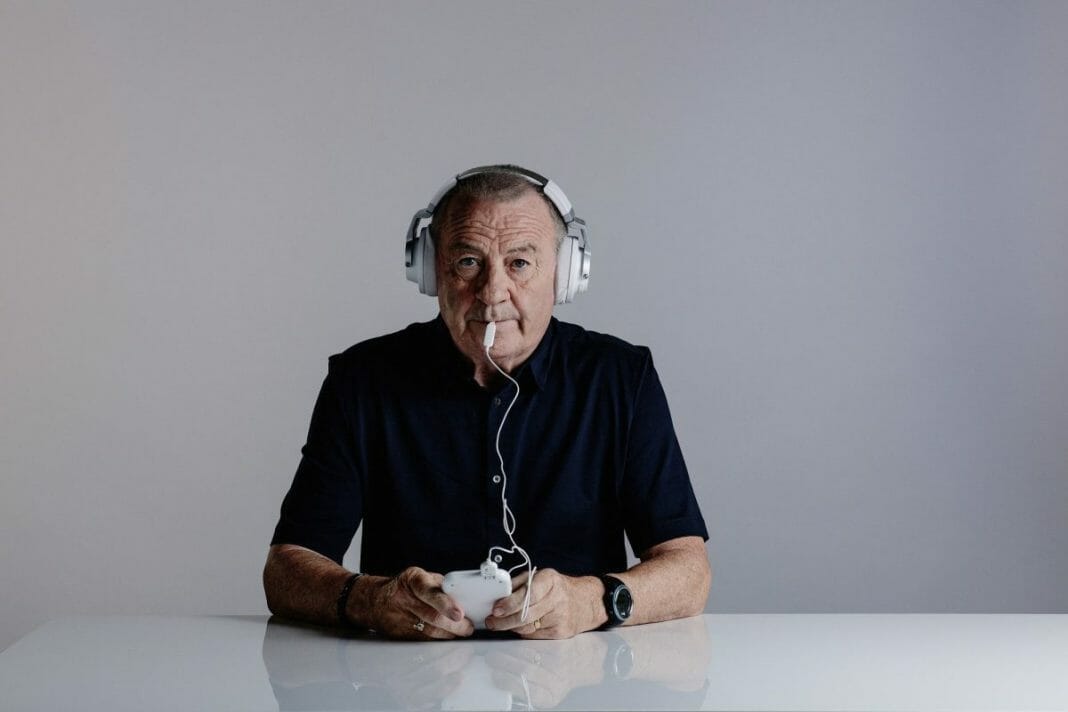Irish medical device company, Neuromod Devices Ltd., which specializes in the treatment of tinnitus, has reached an agreement with Tinnitus Klinika kft, a provider of specialist tinnitus care, to make its Lenire device available in Hungary.
Lenire is a bimodal neuromodulation device which has shown in analysis of real-world patients and multiple large-scale clinical trials to reduce the severity of tinnitus symptoms. Tinnitus, commonly known as “ringing in the ears”, is a complex neurological condition resulting in the perception of sound without an external source.
Landmark research into the prevalence of tinnitus in Europe was published in renowned scientific journal, The Lancet, in late 2021. It found that prevalence of any tinnitus was 14.7%i, which could mean that 1.4 million Hungarians experience the condition.
Through this distribution agreement, Tinnitus Klinika’s specialist team has exclusive licence from Neuromod to provide Lenire throughout Hungary to suitable patients for the treatment of their tinnitus.
“I’m delighted to work with Tinnitus Klinika to make Lenire available to people living with tinnitus in Hungary. Tinnitus is globally recognised as a significant healthcare challenge and many people living with the condition have unmet clinical needs. Tinnitus specialists like Tinnitus Klinika deeply understand the needs of tinnitus patients and we’re proud to be able to support them in improving therapeutic outcomes for their patients,” explains Dr Ross O’Neill, Founder and CEO of Neuromod Devices.
In the last 12 months Neuromod has expanded availability of Lenire in Europe, launching it in Denmark, Norway, Spain, Switzerland, and the UK. Earlier in 2022 the results of an independent real-world analysis were published in the peer-reviewed scientific journal, Brain Stimulation, demonstrating the safety and efficacy of the Lenire device for improving symptoms in tinnitus patients. The study found that 85% of tinnitus patients experienced a reduction in their tinnitus symptoms, as measured by THIii, following six to 12 weeks of treatment using Lenireiii.
The device has also been used in large-scale clinical trials with over 500 patients. In June, the results of Lenire’s second large-scale clinical trial were published in the highly regarded scientific journal, Nature – Scientific Reports. They showed a significant further breakthrough for improving tinnitus symptoms severity with Lenireiv. By changing the stimuli patients received halfway through their treatment plan, a clinically significant greater average improvement in tinnitus symptom severity was demonstratediv. 95% of treatment-compliant participants reported an improvement in their tinnitus symptoms, as measured by THIii,iv. 91% of treatment-compliant participants reported an improvement which sustained at least up to 12 months after treatment had endediv.
Tinnitus Klinika’s team have been providing specialist care for people living with tinnitus since it was founded in 2008 by Tamás Nagy, who holds a degree in Audiology from Oxford-Brookes University. The organisation operates 3 clinics in Hungary at Czeizel Institute in Budapest, Hallomás Center in Veszprém, and at Debrecen University in partnership with the University’s Medical school. Tinnitus Klinika offers a suite of therapeutic interventions for people with tinnitus, which now includes Lenire, and has facilitated research of these interventions in their clinical practices under the guidance of the organisation’s Advisory Board.
“Tinnitus Klinika’s partnership with Neuromod is a significant step forward for our tinnitus patients. I’m delighted to be able to provide an evidence-based treatment option that has seen encouraging patient outcomes in large-scale clinical trials and in the real world as part our suite of services for people living with the condition. I’m looking forward to working closely with Neuromod’s team to achieve the best possible patient outcomes in our clinics,” explains Tamás Nagy, CEO at Tinnitus Klinika.
Lenire is a bimodal neuromodulation device which combines mild electrical pulses to the tongue with sound stimulation to drive neuroplasticity in the brain which reduces the symptoms of tinnitus. It has CE-mark certification for the treatment of tinnitus under the supervision of an appropriately qualified healthcare professional and is currently available throughout Europe.
The device consists of Bluetooth® headphones which play customised sounds to activate the auditory nerve, a proprietary intra-oral device which provides mild electrical stimulation to the surface of the tongue, known as a Tonguetip®, and a controller which controls the duration and intensity of treatment with the device.
The device’s sound and electrical stimuli can be calibrated to suit a patient’s tinnitus after an initial assessment of their condition which includes an audiological exam. The supervising healthcare professional demonstrates how to use the device and provides the patient with instructions for use. Subsequently, patients use Lenire for 60 minutes per day typically for at least 10 weeks. Follow-up visits with the healthcare professional occur during treatment to monitor patients’ progress.
At the end of the prescribed treatment plan, the healthcare professional advises the patient about their continued use of Lenire.



